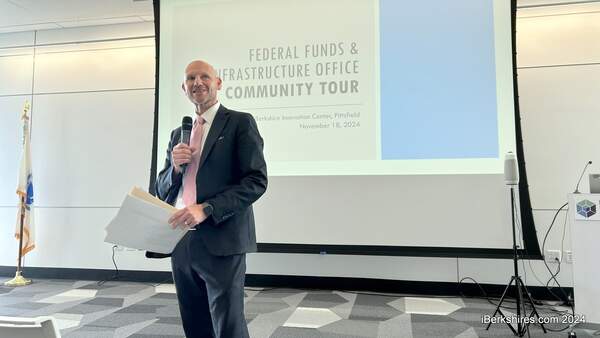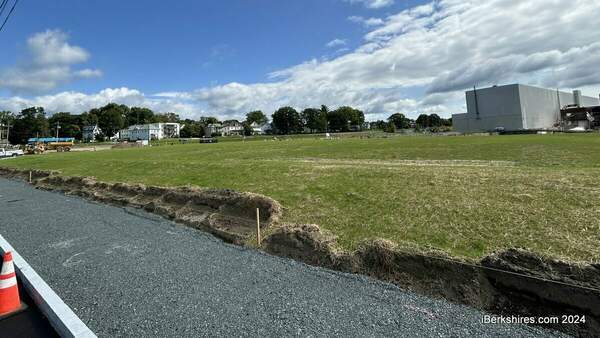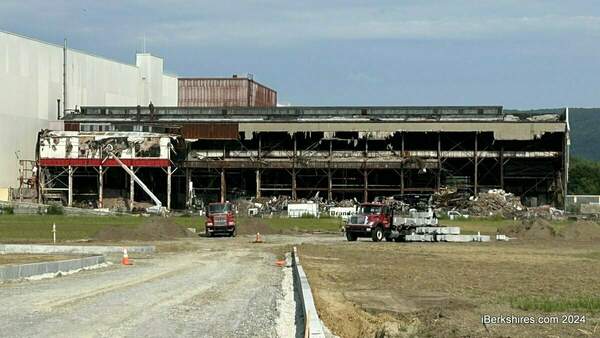
Lanesborough Tax Bills to Rise From Increased Property Values
LANESBOROUGH, Mass. — Due to increased value of properties in town, the tax bill for the average property owner is expected to increase by 6.45 percent in fiscal 2023.
The Select Board unanimously voted Monday to maintain a single tax rate for the town, estimated to be $17.67 per $1,000 of assessed value, a $1.43 decrease from FY2022. But the average tax bill will rise by $322 to $5,313, compared to $4,991 in FY2022.
"[The tax rate] is down again this year for the second year in a row," said Town Assessor Ross Vivori. "And a lot of that is because of the growth that we've had and the real estate market that's driving those values up and pushing that tax rate down."
The value of an average single-family home increased to $300,705, up by $39,405 compared to the average value last year. The total town value grew 14.6 percent to $508,755,124, an increase of just over $55 million from last year.
"The value of the house is going to go up. It's going to drive the tax rate down, but the bill may go up because of what we have to levy," Vivori said. "This is a factor of what gets voted at town meeting."
The town's total estimated levy, Vivori said, is $9,136,825, compared to $8,444,567 last year. Commercial property values in town decreased, he said, by 2.1 percent to a total of $46,655,214, which he said has to do with the current housing market.
"Residential stuff went up due to a lot of the sales that have gone on. As you know, it's a pretty crazy market, people are paying way over what houses are assessed at. We didn't see that on the commercial side on a lot of commercial businesses."
Industrial property value, Vivori said, went up by 42.8 percent, a total value increase of $2,384,100. He said this increase is primarily due to solar projects.
"That's primarily due to the solar that we picked up this year. Because solar arrays are considered industrial once they put them on the ground. They're like little industrial power plants," he said.
The board discussed potential options for decreasing the tax burden on residents, such as using free cash. Town Administrator Joshua Lang said they are still waiting on free cash to be certified from the state Department of Revenue. Free cash, basically funds levied but not spent in the last fiscal year, can be used to fund projects or otherwise put toward lowering the tax burden.
"The other way to look at that is, if you are going up to a town meeting and you anticipate those being budgetary items, instead of including them on a budgetary category for the upcoming fiscal year, you use free cash to fund those those particular projects, so that you don't have that being placed on the budget," he said.
Tags: fiscal 2023, tax classification,















